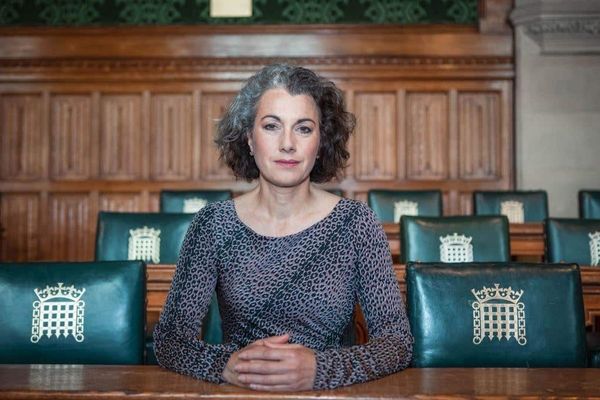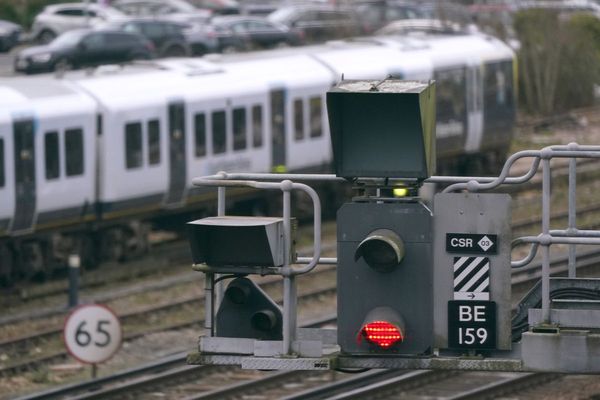
It seems hard to credit, but in the days before the likes of Vladimir Putin and P&O Ferries showed their true colours, Uber was regarded by many in London as one of the more suspect foreign arrivals.
This week, however, the global ride-hailing firm will once again find out if it is on the naughty step, when its licence to operate in one of its biggest markets comes up for renewal.
Its first private hire licence, along with thousands more for its drivers, came without too much fuss in 2012 from Transport for London, who were keen to embrace the latest technology in everything from tickets to traffic lights – even as the traditional London cabby cried foul at the new US cock of the walk.
Renewing that licence has been a different matter. Uber will be hoping this will be the third time lucky, after being knocked back twice in the space of two years and having to suffer the indignity of pleading to a magistrate for a conditional extension.
Are they now, in the parlance, “fit and proper”? Few would want to prejudge TfL, whose reasons for turning down Uber in 2017 and 2019 had largely flown under the radar. Beforehand, opponents from the taxi trade had focused on being undercut by lost Prius drivers unable to do a three-point turn, while socially aware campaigners cried foul at Uber’s payment and “partner” arrangements.
Instead, safety and security problems came to the fore. TfL cited Uber’s failure to report alleged offences to the police in 2017. Then, after beefing up reporting protocols, in 2019 Uber was slapped down because drivers had worked under fake identities.
Chief executive Dara Khosrowshahi had just come in as the new broom after alarming claims of boardroom harassment did for founder Travis Kalanick in 2017. Khosrowshahi flew in to promise mayor Sadiq Khan that the firm would change.
If the first instance was a pivotal moment in what might be called new Uber, the repeat treatment provoked some indignation in the San Francisco global HQ. In 2019, Khosrowshahi simply tweeted that TfL’s decision was “just wrong”, after “fundamental change”.
Both times, Uber remained able to operate pending appeals, and no doubt will again should the licence due to expire on 27 March not be renewed.
But it will remain an important corporate verdict – particularly given the wider overtones from Sadiq Khan that Uber had not been “playing by the rules”.
And Uber’s boss for UK and northern Europe, a cycling north Londoner, Jamie Heywood, might feel particularly aggrieved, after introducing schemes to push the uptake of electric vehicles in the capital, and winning the support of the GMB union after concessions on holiday pay for drivers.
Uber has backed Khan’s plans to expand the ultra-low emission zone and tried to marry up consumer desire for electric cabs with the reality of drivers – now finally described as its workforce, rather than partners – who typically live in flats in east London without the kind of charging infrastructure more swiftly installed in the Tesla-owning boroughs.
With rivals such as Bolt now competing directly for passengers and drivers with virtually identical apps, Uber has been the first to change its business model – admittedly, under legal direction – to finally acknowledge that the passenger is booking direct with Uber rather than the driver.
That has tax implications – pushing up fares in the UK, at a time when many customers may already be feeling the pinch. According to TfL, the VAT now payable on cab fares is a matter for HMRC and has no bearing on the licence. But Uber is, at least, quickly complying with a condition that will now apply to all.
With revenues globally averaging nearly $2bn a month, and offshoots such as food delivery via Uber Eats growing profitable, London and its 50,000 Uber drivers may not be a pivotal part of the business. But global reputation still counts for something – and an undisputed licence would go some way to wipe the tarnish from the Uber brand.







